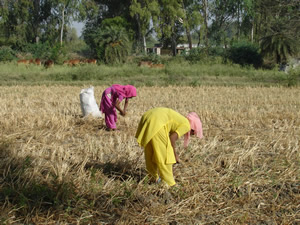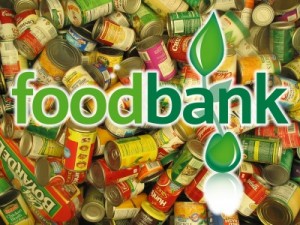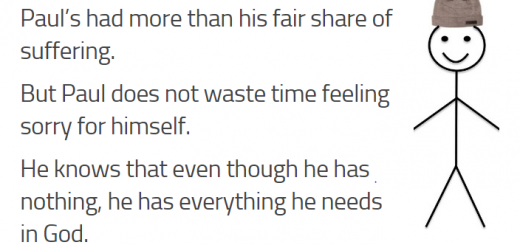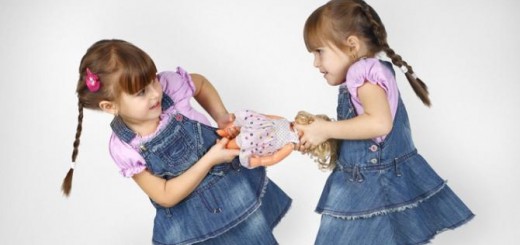All about gleaning…..
So I think you get the picture. Having emigrated to escape famine with her husband and sons, Naomi has now returned home in very different circumstances. Her husband and sons have tragically died. She is accompanied by her Moabite daughter-in-law Ruth who is now the outsider. Hopefully the last five posts will have given you some insights into the life of an urban refugee.
Life must still be tough for Naomi and Ruth. Very tough. Food must still be short. Because no one does what Ruth does unless they really have to.
 She asks Naomi’s permission to let her go into the fields and collect up the grain that has been dropped during the harvest. This wasn’t unusual in those days. It’s what women in her position did. There’s even a name for it – gleaning. To glean now means to ‘obtain from various sources, often with difficulty’ and is usually used for knowledge – to gather slowly and laboriously, bit by bit. It involves a lot of hard work for very little gain. Historically, it was used in a farming context as it is here to mean collecting up the leftovers after the harvest.
She asks Naomi’s permission to let her go into the fields and collect up the grain that has been dropped during the harvest. This wasn’t unusual in those days. It’s what women in her position did. There’s even a name for it – gleaning. To glean now means to ‘obtain from various sources, often with difficulty’ and is usually used for knowledge – to gather slowly and laboriously, bit by bit. It involves a lot of hard work for very little gain. Historically, it was used in a farming context as it is here to mean collecting up the leftovers after the harvest.
It is an act of complete desperation. And I don’t know why I say historically because it is still happening in all sorts of ways all over the world today. In West Africa, hungry locals pick over what is discarded in the fishing industry……..in Kenya, children live on rubbish dumps, sifting through what others have thrown away to find what they can sell and even what is (barely) fit to eat……..in India, street children rummage in bins for their next meal.
This is what Ruth has been reduced to.
I’m guessing, however, if Ruth lived right here, right now, she would be visiting the local food bank.
Because fortunately, this is what has been established in this country in recent years to help desperate individuals like Ruth.
 The Trussell Trust runs over 420 Foodbanks across the UK.
The Trussell Trust runs over 420 Foodbanks across the UK.
Carol and Paddy Henderson founded The Trussell Trust in 1997. The trust worked initially to help the forgotten people in Bulgaria (starting with the 60+ children sleeping at Central Railway Station). And then one day in 2000, Paddy received a phone call from a desperate mother in Salisbury saying “my children are going to bed hungry tonight – what are YOU going to do about it”. He was shocked when he looked into the significant numbers of people in the UK who were facing short term hunger as a result of a sudden crisis. He started the Salisbury foodbank in his garden shed and garage, providing three days of emergency food to local people in crisis. In 2004, the UK Foodbank network was launched, providing emergency food boxes and teaching churches and communities nationwide how to start their own Foodbank.
In 2013-14, Foodbanks fed 913,138 people nationwide. Of those helped, 330,205 were children.
These are desperate times for the 13 million people in the UK who live below the poverty line.
‘We had to borrow a tin of soup from next door to stop our 18-month-old daughter from going to bed hungry.’ Ann-Marie, Salisbury
‘If there was no foodbank I’d have to steal something to feed my family.’ Jamie, Andover
Opening our eyes to the desperate need all around us is just the start.
Doing what we can to support our local foodbank is just the start.
I have a feeling we are about to learn a whole lot more from the story of Ruth…….
Enter Boaz – a relative on Naomi’s husband’s side, a man of standing from the clan of Elimelek. As it so happens, Ruth is gleaning in Boaz’ field.












